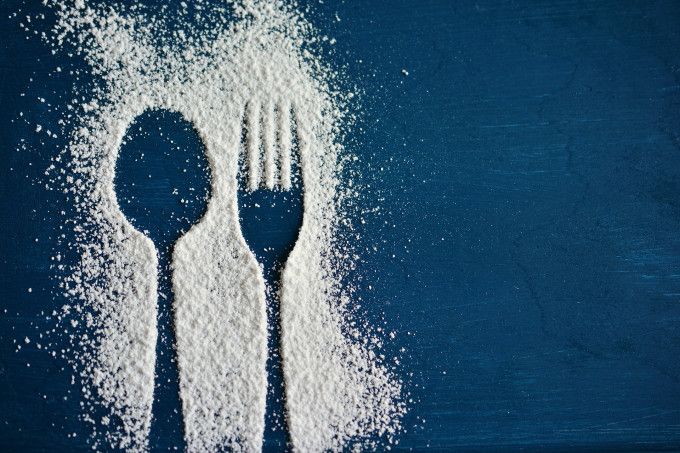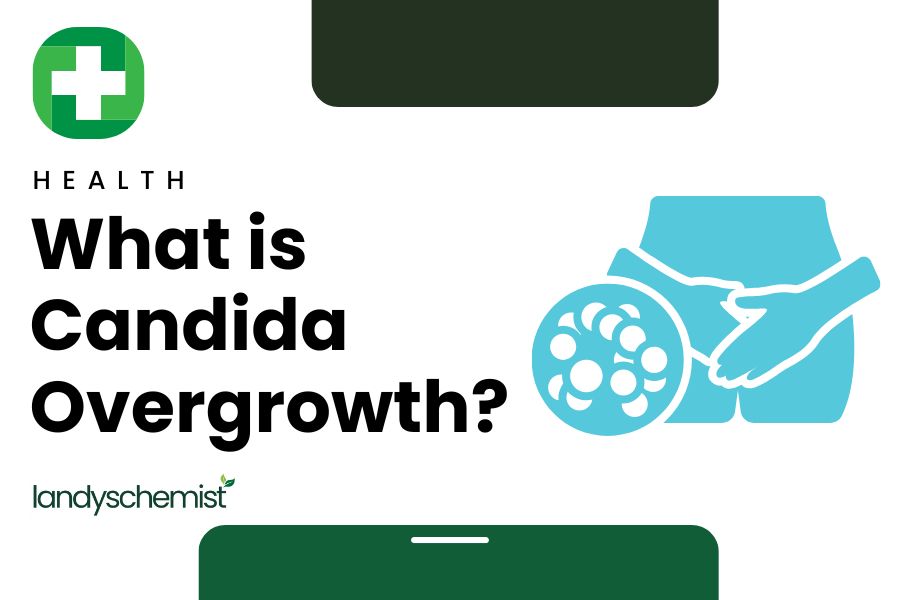
Blood Sugar – What You Need To Know
By Panasha Desai, Pharmacist (GPhC 2071387)
Of the different food types we eat, sugar is the simplest for the body to create energy from. So it’s logical to think that a sugary snack is the quick fix solution when you’re feeling tired.
High Blood Sugar
But the reality is that high blood sugar leads to you feeling less energised, as well as increasing your chance of weight gain, aging your body’s cells and causing medical conditions like diabetes. Let’s look at why.
Less Energy
Sugar moves from the digestive system to the blood very quickly, which creates a flood of glucose. The body reacts by releasing insulin equally fast to metabolise the sugar. The effect on you is an immediate energy high, followed quickly by an energy crash. A natural reaction is then to eat more sugar – and so the cycle continues.
Weight Gain
A regular urge to eat more sugar to combat tiredness can quickly cause weight gain. If its not converted into energy, the body first stores sugar as glycogen in your muscles and liver. Once those cells are saturated, additional glucose is converted into fat – and stored around the body.
Diabetes
The process of turning glucose to energy requires the hormone insulin – so every time we eat sugar, insulin is released by the pancreas. If your blood sugar spikes regularly, the burden of producing all the additional insulin can cause cells to become resistant – meaning blood stays constantly high in glucose, leading to chronic illnesses like diabetes.
Aging
High blood sugar leads to a process called glycation – where glucose attaches to protein in the blood. Glycation creates by-products that damage cell membranes and cause inflammation – effectively aging the cells in your body.
How To Manage Your Blood Sugar Levels
So it’s clear that having low blood sugar is vital for good health – and supports weight loss – but avoiding high glucose foods can be a challenge. What steps can you take to help protect your blood sugar health in the long term?
Adapt Your Diet
First of all, avoid high sugar foods like chocolate, biscuits and sweets as well as refined starches like white bread, pasta and rice. Processed foods and sauces usually have a high sugar content too – so check the labels before you buy, and try to cook from scratch whenever possible.
While fruit provides welcome nutrients like vitamins, water and fibre, it generally has a high sugar content too. So help reduce the effect of this on your blood sugar by combining your fruit snack with some protein-rich food like nuts.
Good Gut Flora
Adding resistant starch to your diet enhances the quality of your gut flora, which in turn improves glucose metabolism. This is because resistant starch can’t be broken down in the small intestine and travels to the colon intact. An easy way to add resistant starch to your diet, while also reducing your sugar intake, is by using the sugar substitute F.O.S. – it’s sweet tasting but has all the benefits of resistant starch.
Add Key Nutrients
There are a few key nutrients that offer particular blood sugar support. Chromium helps keep insulin working efficiently. Cinnamon mimics insulin and also slows down the movement of sugar from the stomach to the blood stream. Manganese helps turn sugar into energy, and Magnesium helps regulate insulin to prevent blood sugar levels falling excessively. These nutrients can be taken individually or as a combined blood sugar supplement – particularly helpful if you’re following a weight loss programme.
Avoid Stress
When you’re feeling stressed, your body releases the hormone cortisol. Cortisol’s job is to give you the energy to cope with a stressful situation, so it taps into your protein and fat stores and creates glucose. This is great if you need to run for a bus, but if you don’t convert the sugar into energy, it stays in your blood stream – with the same consequences as eating a sweet snack.
Be Active
Being active – whether through exercise or just being busy on your feet – is the best way to use up the glucose in your blood, so look for ways to build movement into your every day life. There’s lots of different ways to stay active, so choose something you enjoy doing.
Changing habits that have developed over years is never easy, but hopefully these few tips will help you on a road to better blood sugar health.
Disclaimer
The products offered are not intended to diagnose, treat, cure, or prevent any illness or disease, or to replace the advice of a medical professional. Results are not guaranteed and may vary from individual to individual.




